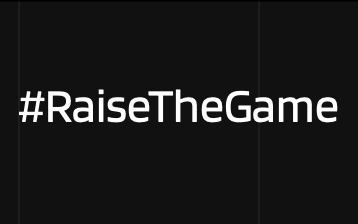Specific considerations






Key organisations & resources
 Visit website on #RaiseTheGame
Visit website on #RaiseTheGame #RaiseTheGame
RaiseTheGame is a collaborative and high-impact pledge to improve equality, diversity and inclusion in the games industry.
 Visit website on Diversily
Visit website on Diversily Diversily
Diversily helps innovative organisations to embed diversity and inclusion into their core, to drive up performance and impact.
 Visit website on Ukie
Visit website on Ukie Ukie
The trade body for the UK games and interactive entertainment industry.
Calendar events

International Youth Day
International Youth Day is an annual observance dedicated to celebrating the potential of young people, raising awareness of challenges they face, and promoting their active engagement in socio-economic and political processes.
Learn more about International Youth Day

